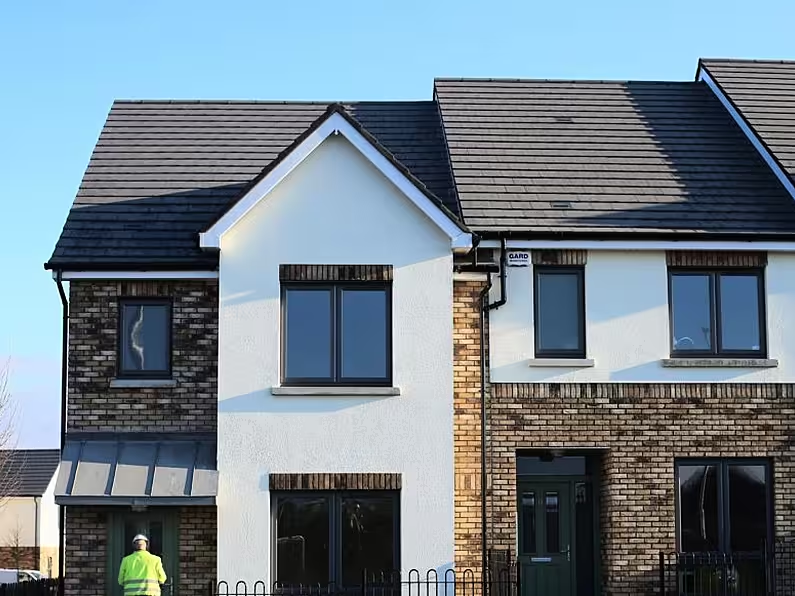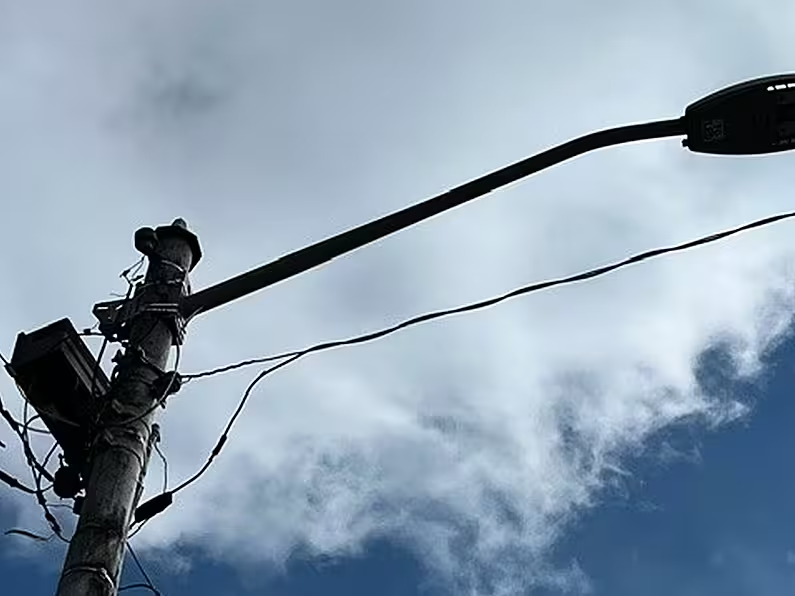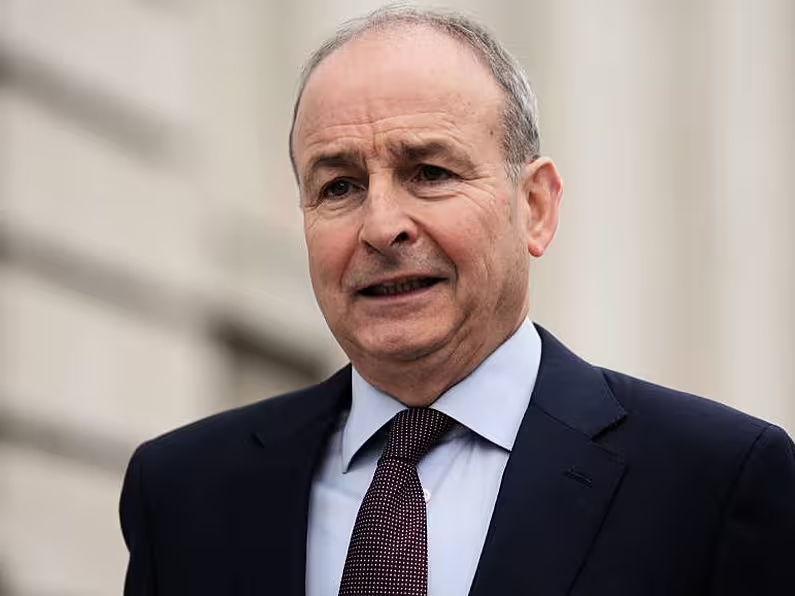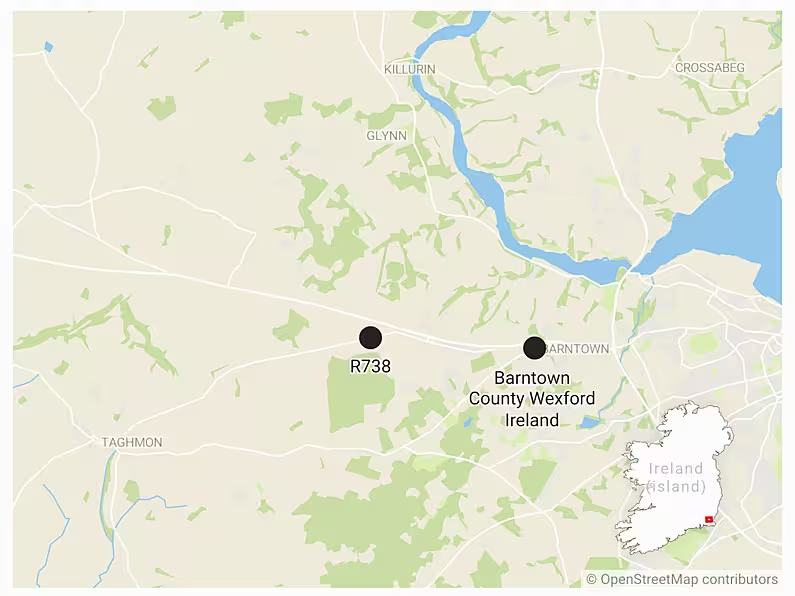Updated at 9.40am
The latest increases in rent across the country indicate a "crisis point" for the housing market, according to national housing charity Threshold.
Speaking about the latest Daft.ie report, a spokesperson said: "The rent increases reported in the Daft Q1 2022 rent report are the culmination of successive housing policies which have been over reliant on the private sector to provide housing.
"Private renters and those seeking a home in the West and Northwest are particularly affected, in recent years, by ongoing rent increases.
"The Daft report demonstrates that the levels of increase in western counties has reached a crisis point. Yearly increases of up to 25 per cent simply cannot be borne by renters."
They said it is encouraging that the Housing Commission has begun its work but said "immediate action" required from the Government to address the increased costs facing private renters, compounded by the impact of inflation and the rising cost of living.
Market rents in the first quarter of 2022 were an average of 11.7 per cent higher than the same period a year earlier, according to the latest rental report by daft.ie.
Regional trends
The average market rent nationwide between January and March was €1,567 per month, up 2.8 per cent on the last three months of 2021 and more than double the low of €765 per month seen in late 2011.
While there have been differences in regional trends in rents in recent quarters, the rate of increase was similar across all major regions between early 2021 and early 2022.
In Dublin, market rents rose by 10.6 per cent year-on-year, while in Cork and Galway cities, rents rose by 10.2 per cent and 13.8 per cent.
Inflation was higher in Limerick and Waterford cities, at 15.5 per cent and 16.2 per cent respectively, while outside the cities the average increase was 12.7 per cent.
The sharp increase in market rents around the country reflects a significant worsening in the record scarcity of rental homes.
Nationwide, there were just 851 homes available to rent on May 1st, down from over 3,600 a year ago and another new all-time low in a series that extends back over fifteen years to 2006.
Availability
The recent fall in homes to rent is seen in all regions of the country, with an 81 per cent fall in availability in Dublin and a 66 per cent fall elsewhere in the country.
The report also includes an analysis of 72 multi-unit rental developments, which are estimated to have added at least 400 new rental homes in the last six months. Of these, it is estimated that 82 per cent are already occupied, with occupancy in the wider multi-unit rental sector estimated to be 95 per cent in early May, up from 93 per cent six months ago.
The report also includes an estimate of the trend in rents for sitting tenants since 2010, as compared to new tenants paying market rates. While inflation in market rents is currently above 10 per cent, and market rents have doubled over the past decade, ‘stayer’ rents have increased by just 1.5 per cent over the past year and by less than 40 per cent over the past ten years.
Commenting on the report, Ronan Lyons, associate professor of Economics at Trinity College Dublin and author of the Daft report, said: “The latest figures confirm the overall strength of demand for rental accommodation in Ireland.
"While strong demand for housing reflects underlying economic health, it becomes a challenge when there is inadequate supply to meet it. In Ireland’s case, the economy has suffered from an under-provision of new rental accommodation for over a decade. As a result, market rents have doubled and, as shown in this latest report."
Average rents, and year-on-year change, 2022 Q1:
● Dublin: €2,102, up 10.6 per cent year-on-year
● Cork city: €1,607, up 10.2 per cent
● Galway city: €1,585, up 13.8 per cent
● Limerick city: €1,485, up 15.5 per cent
● Waterford city: €1,262, up 16.2 per cent
● Rest of the country: €1,218, up 12.7 per cent













